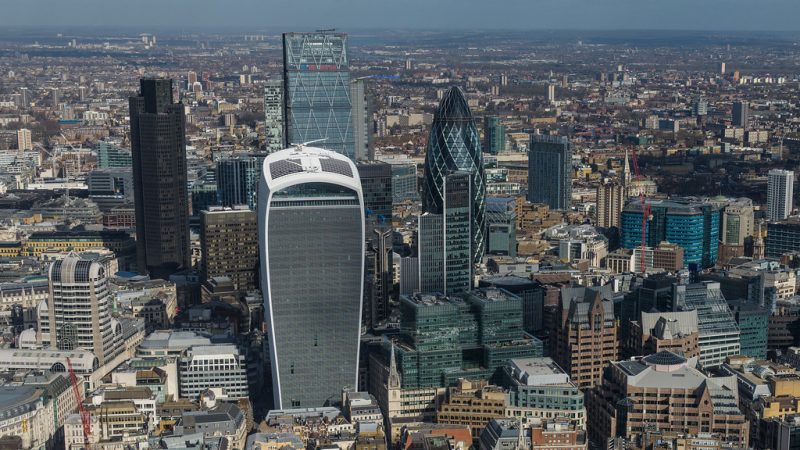The government’s apparent crackdown on wealthy Russians using London for money laundering and concealing ill-gotten gains has been criticised for being rushed through and laden with loopholes.

The Economic Crime Bill was hurried through the Commons on Monday. The government contends the Bill will toughen up on ‘dirty money’ and will finally allow Russian oligarchs to be sanctioned in-line with the EU.
It is also claimed the new law will introduce a long-awaited ‘register of beneficial ownership’ to provide a transparent record of who owns vast assets through ‘vague’ companies.
The Bill now goes to the House of Lords and is expected to become law later this month.
Home secretary Priti Patel insists the new law will set a “new global standard for transparency.”
However, the Economic Crime Bill has been criticised, with opponents warning it will give wealthy Russian’s a “get-out-of-London-free” card by providing them with enough time to conceal their vast wealth.
Six-month grace period
The biggest concern over the rushed through Bill is that it provides a six-month grace period for declared assets. Originally the Bill was going to stipulate an 18-month grace period, but Tory ministers reduced it to six months. Labour urged for a 28-day timeframe to declare assets, which the government refused to accept.
The clause has been criticised for giving oligarchs sufficient time to sell their assets. As Seema Malhotra, Labour and Co-operative Party MP for Feltham and Heston said: “Six months still provides ample time for criminals to sell properties and fine other assets in which to invest.”
Lawyer Peter Stefnovic shared his concerns over the Bill, tweeting: “Boris Johnson ordered his MPs to vote for these clauses in the Economic Crime Bill. Six-month grace period for declaring assets (Labour wanted 28 days). Assets won’t be seized immediately. Russia oligarchs who help ‘economic wellbeing of UK’ could be exempt. Has the penny dropped?”
Assets will not be seized immediately
The Bill is coming under scrutiny for failing to ensure assets are seized immediately.
Johnson is reported to have told MPs to reject proposals for the immediate freeze of the likes of mansions, yachts, flats and aircraft, when an oligarch’s name is announced and before they are sanctioned. If the clause had been passed – it was defeated 300 – 234 – it would have prevented officially named oligarchs from moving assets, including bank deposits , art, gold, businesses, houses, and more, from being sold or moved out of the UK.
David Davis, Tory MP for Haltemprice and Howden, who put forward the amendment, warned: “We will see Russians scrambling to sell off their houses, dispose of their businesses and offload their football clubs.”
Anthony Mangnall, Conservative MP for Totnes and South Devon, raised concern over how the register of beneficial ownership will enable wealthy Russians to “get away with it.” Mangnall pressed for ministers to address the issue of nominees, typically lawyers in the likes of the Virgin Islands or Panama company who are supposedly the owners.
“Do the enforcement mechanism and the reference to named individuals enable us to stop them doing that?” the MP asked.
Robert Jenrick, former housing secretary, chimed in, saying: “If I wanted to conceal the ownership of a property, I would simply set up a shell company in the British Virgin Islands… We must resolve that.”
Gabrielle Pickard-Whitehead is a contributing editor to Left Foot Forward
Left Foot Forward doesn't have the backing of big business or billionaires. We rely on the kind and generous support of ordinary people like you.
You can support hard-hitting journalism that holds the right to account, provides a forum for debate among progressives, and covers the stories the rest of the media ignore. Donate today.



